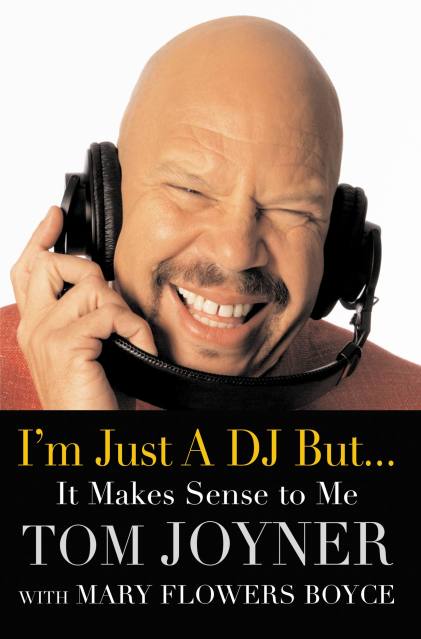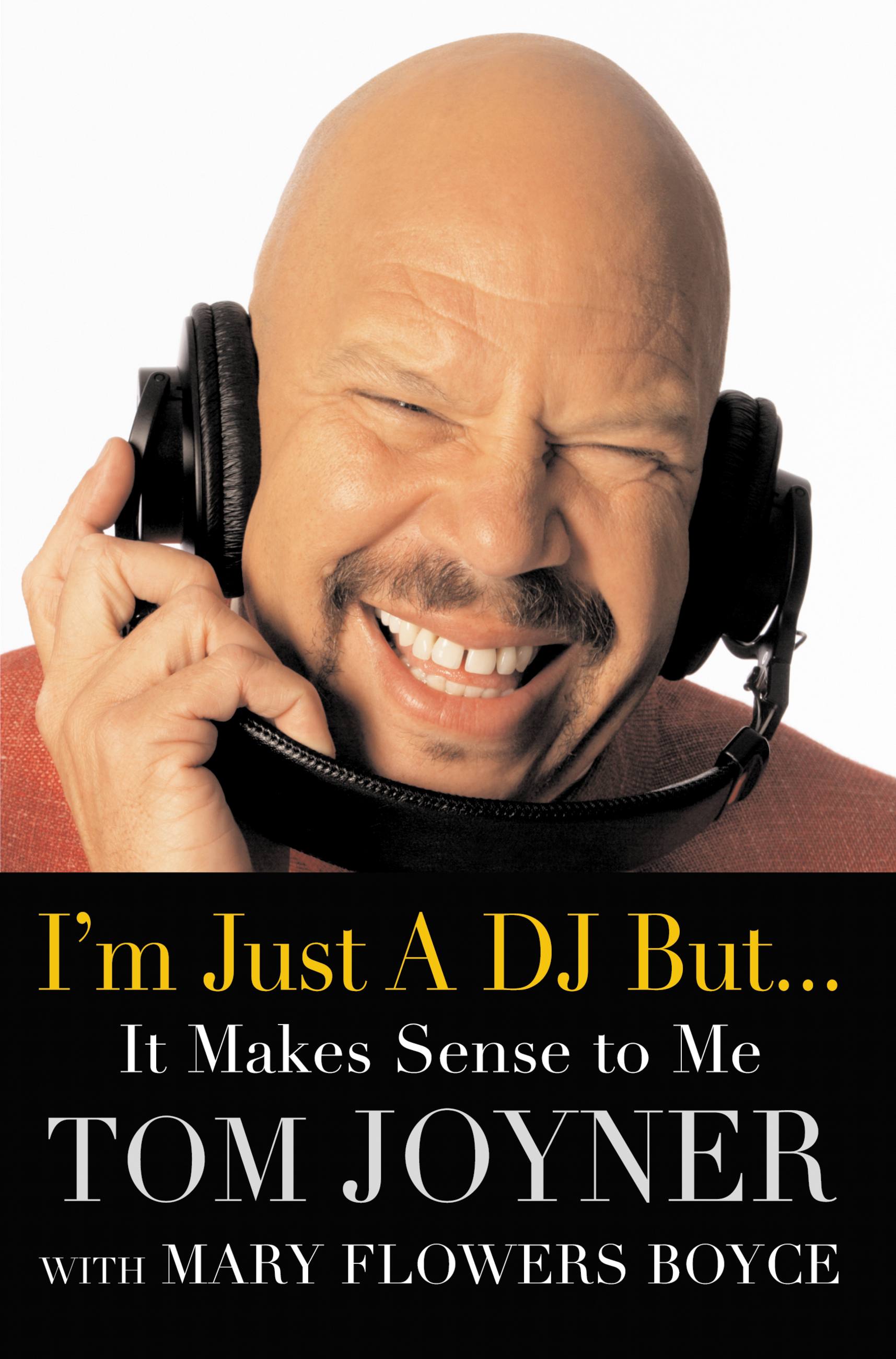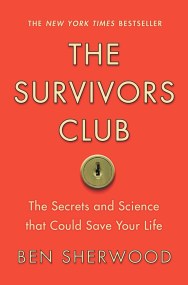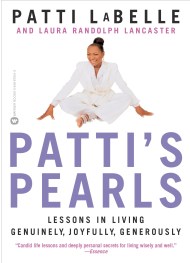By clicking “Accept,” you agree to the use of cookies and similar technologies on your device as set forth in our Cookie Policy and our Privacy Policy. Please note that certain cookies are essential for this website to function properly and do not require user consent to be deployed.
I’m Just a DJ But…It Makes Sense to Me
Contributors
By Tom Joyner
Other Mary Flowers Boyce
Formats and Prices
- On Sale
- Sep 1, 2005
- Page Count
- 224 pages
- Publisher
- Grand Central Publishing
- ISBN-13
- 9780759514492
Price
$10.99Price
$13.99 CADFormat
Format:
- ebook $10.99 $13.99 CAD
- Hardcover $33.00 $42.00 CAD
- Audiobook Download (Abridged)
This item is a preorder. Your payment method will be charged immediately, and the product is expected to ship on or around September 1, 2005. This date is subject to change due to shipping delays beyond our control.
Buy from Other Retailers:
In 1985, he made headlines as “The Hardest Working Man in Radio” when he worked a morning show in Dallas in addition to his afternoon show in Chicago. His daily commute earned him the nickname “The Fly Jock.” In 1994, he convinced ABC Radio to syndicate his program, and The Tom Joyner Show?a mix of comedy music, and guests who range from Stevie Wonder to Tipper Gore?was born.
Genre:
Newsletter Signup
By clicking ‘Sign Up,’ I acknowledge that I have read and agree to Hachette Book Group’s Privacy Policy and Terms of Use






